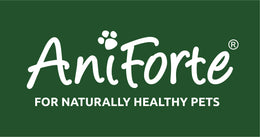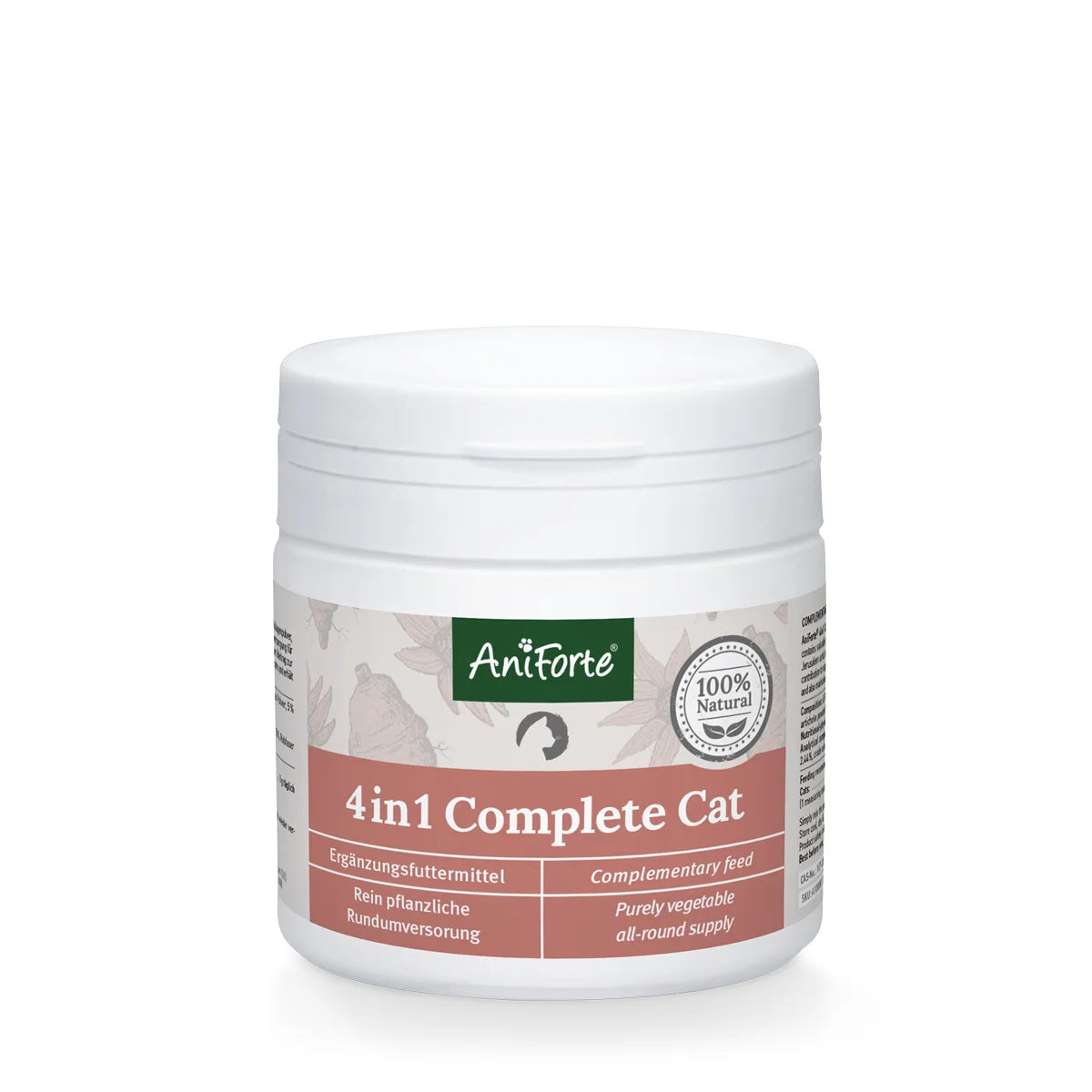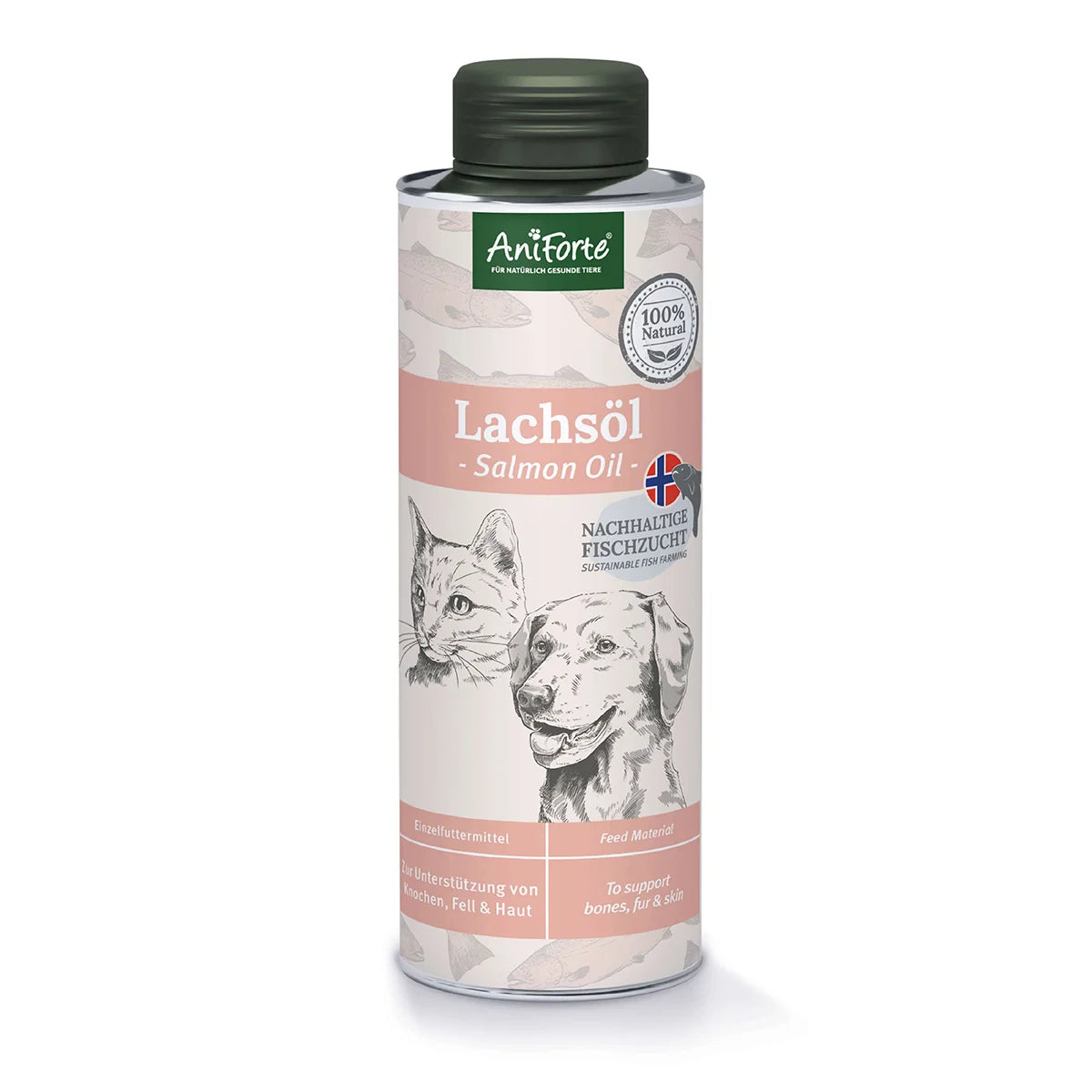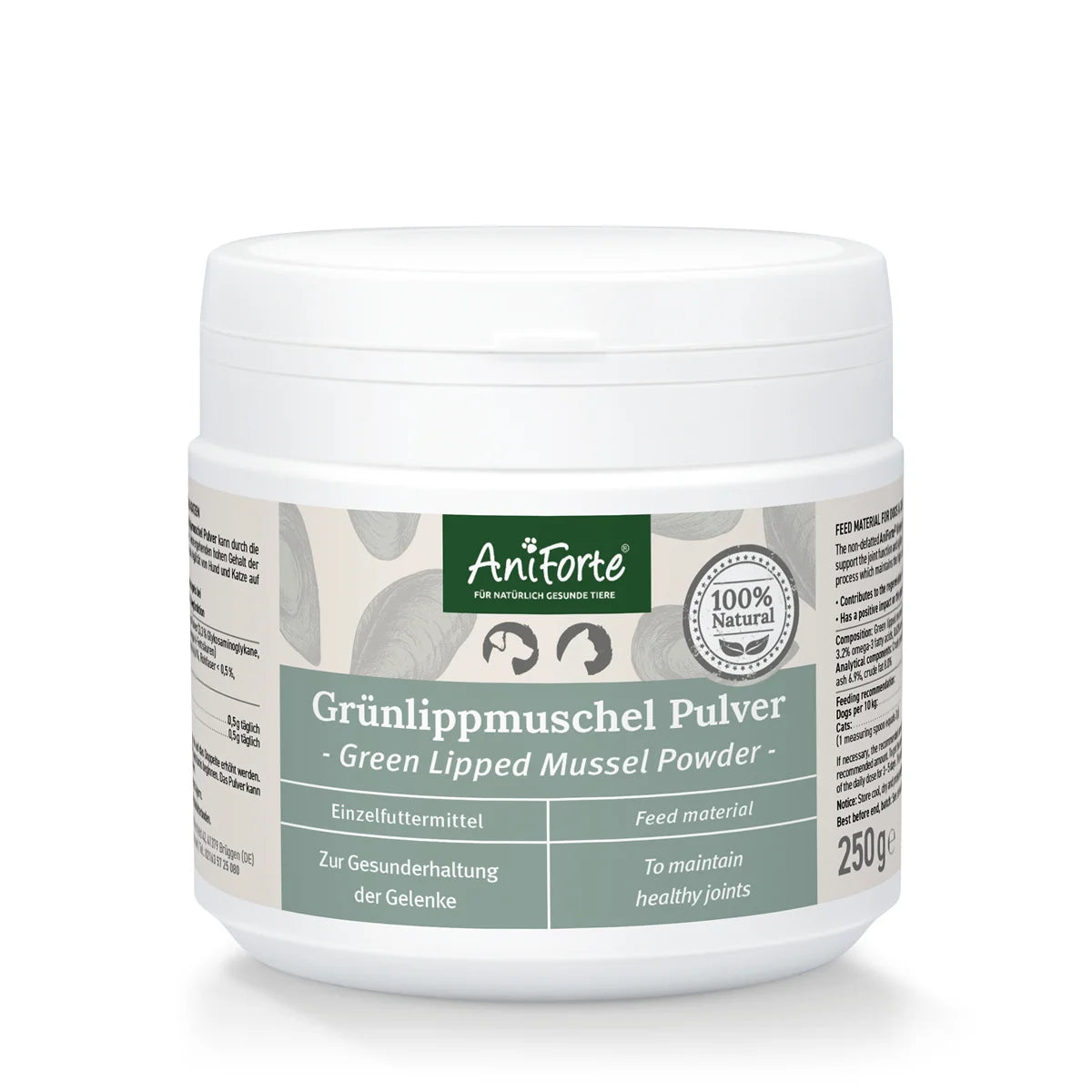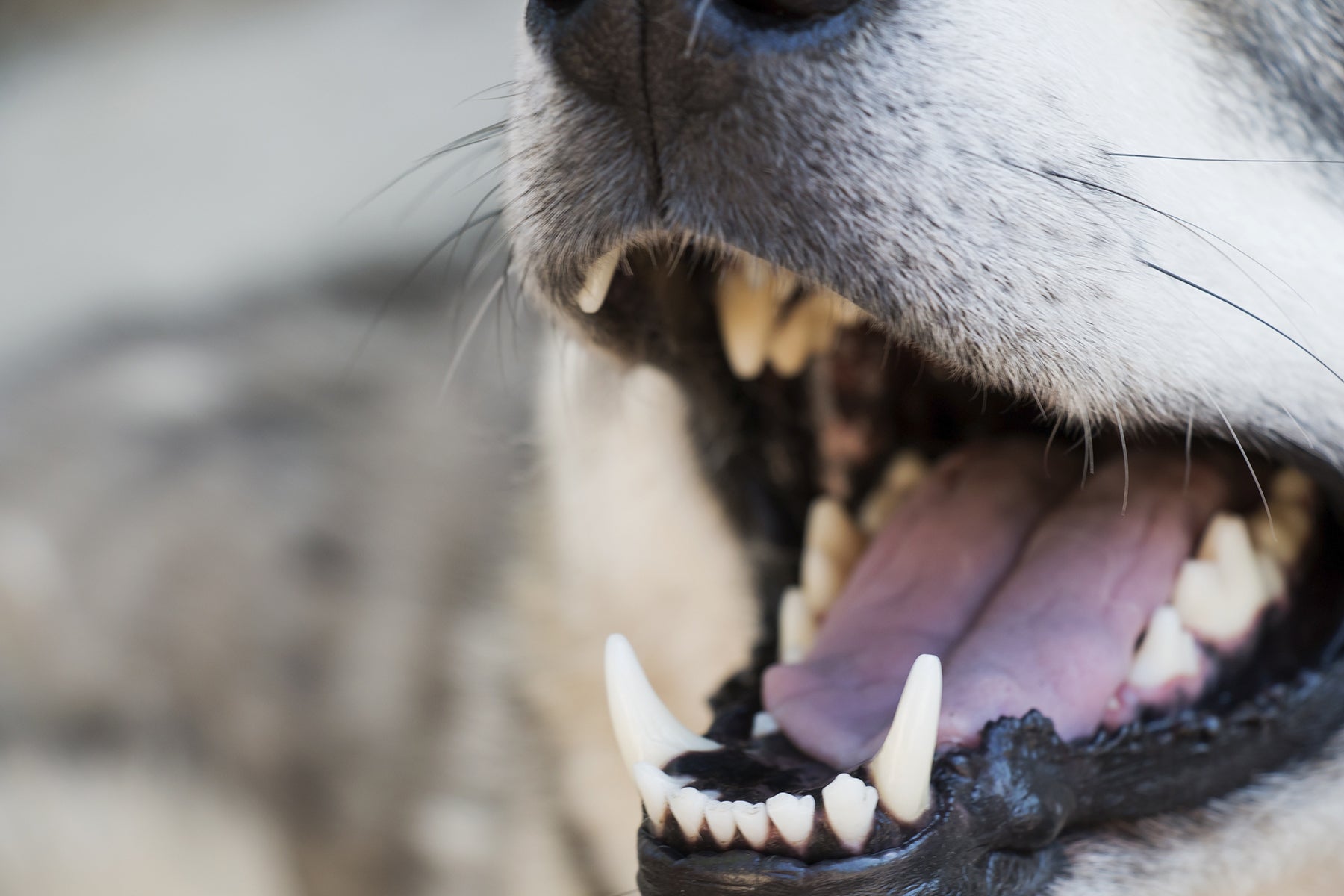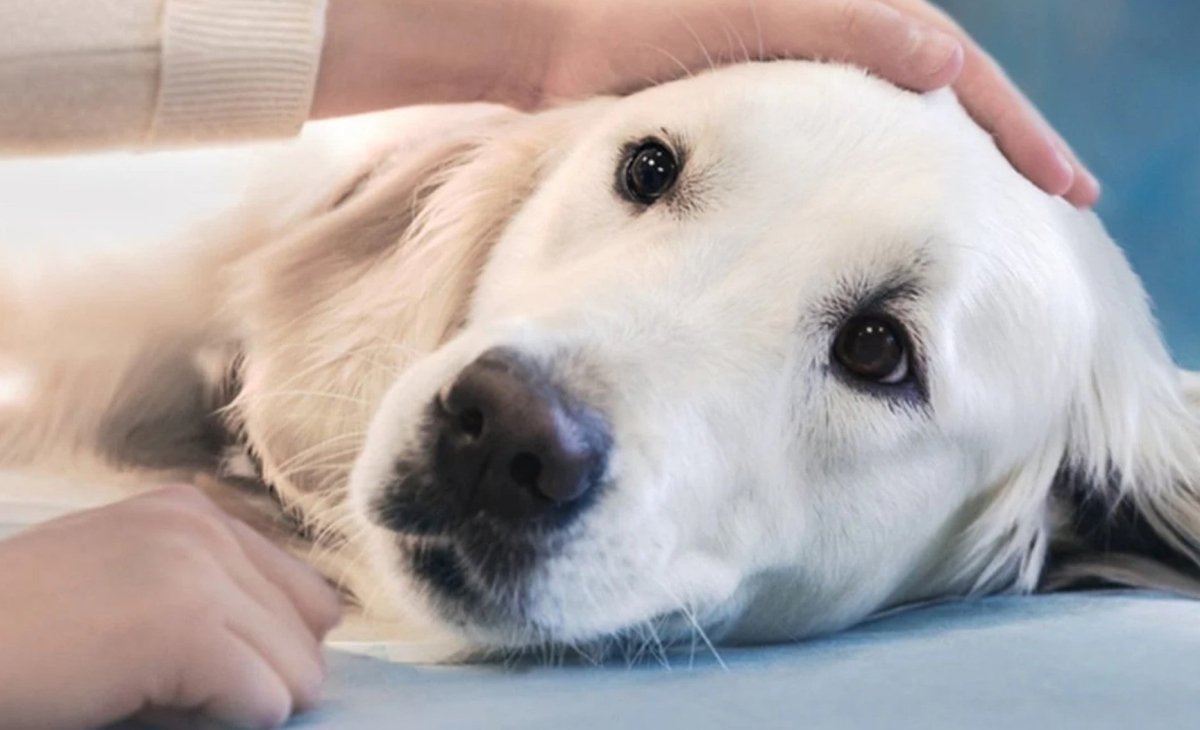Flatulence, or gas, in dogs is the buildup of excess gas in the digestive tract. While it's a common occurrence, it’s more of a symptom than a standalone condition, often indicating digestive issues or dietary sensitivities.
In this article, we’ll cover the causes, dietary adjustments, and lifestyle changes that can help manage flatulence in dogs.
What Causes Flatulence in Dogs?
Just like in humans, flatulence in dogs leads to audible digestive noises. Dogs naturally need to release these gases to prevent discomfort or even cramping. If your dog experiences frequent flatulence, it’s essential to investigate potential causes, which could include:
- Dietary Factors: Foods that are harder to digest, such as legumes, certain vegetables, or dairy, may contribute to gas.
- Air Swallowing (Aerophagia): Fast eating, especially in short-snouted breeds, often leads to swallowed air, which can increase flatulence.
- Health Issues: Digestive sensitivities, parasites, or other gastrointestinal conditions may also cause excess gas.
Dietary and Behavioural Adjustments
1. Diet Modifications
Switching to a high-quality, easily digestible diet can help reduce gas. Additionally:
- Gradual Feed Changes: Introduce new foods slowly to avoid digestive upset.
- Supplements: Probiotics and digestive enzymes can support gut health and minimise flatulence.
2. Behavioral Tips
Certain feeding and lifestyle changes can further help:
- Slow Feeding: Slowing down eating with puzzle feeders, lick mats or raised bowls can minimise swallowed air.
- Regular Exercise: Daily physical activity aids digestion and reduces stress.
- Pre-Walk Feeding: Feed your dog one to two hours before walks to lower the risk of stomach issues, especially bloat or torsion.
When to See a Vet
If your dog shows signs of persistent diarrhea, blood in the stool, or weight loss, consult your veterinarian. These symptoms could indicate a more serious underlying condition.
Conclusion
Flatulence can be uncomfortable for dogs, but with the right dietary and lifestyle changes, you can help ease their discomfort. Monitor your dog’s food, habits, and health, and seek veterinary advice if gas persists.
Note: This information is not a substitute for professional veterinary care.
